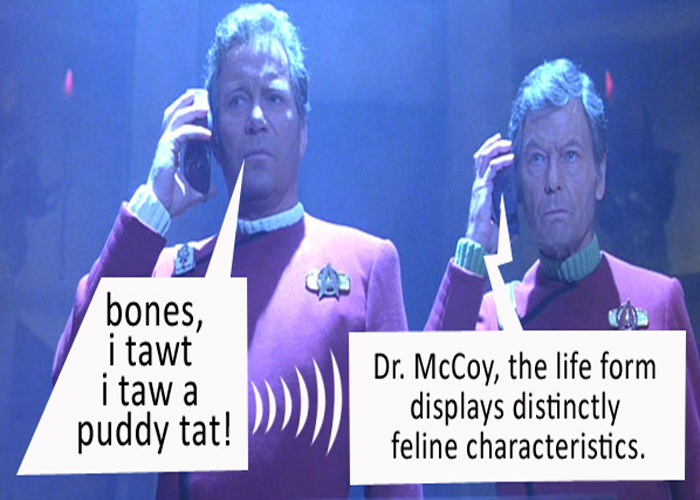“Are you beautiful?”
My 11 yr old asked the feminine S voice of his Mom’s android device.
“I’d rather not talk so much about myself. Let’s talk about you.”
answered the voice, apparently fed up with the string of personal questions from my son.
Creepy! That’s what I thought. The next generation is unlikely to share that reaction. Kids are getting increasingly comfortable with bi-directional interactions with machine intelligence. In role-playing games, interactive e-learning applications, smart phones, and wherever else.
Soon such interaction will be normal in almost all human activity. We already seem to be there with self-driving cars, technology enhanced glasses and clothing that makes sure you work-out right.
Surely Google translate, spell-checks, and auto corrects are only the primitive predecessors to more intelligent communication enhancers. Real-time voice translating technology, that does not compromise on context, has already been proven feasible.
Do you need to know how to read when machine intelligence augmented audio will be the communication delivery interface, instead of text?
We’ll probably be able to voice a few words into a device that will do the work of massaging those rudimentary thoughts into something worthy of Hemmingway’s literary genius.
In such time, will schools still teach kids the technical process of communication, such as reading and writing?
Will these skills be necessary for effective communication in the future?
We already know that good writers are not necessarily good storytellers. In fact, professional storytellers from various cultures in the past, were often illiterate. Yet their stories constitute popular folklore.
We can conclude, with some confidence, that storytelling is that vital element that determines which parts of the human experience is worth preserving, recollecting, and retelling.
What if my future grandson won’t be a good storyteller? No Problem. There already is a software that learns how to tell good stories.
Indeed Hemmingway, Shakespeare or Margaret Atwood may be literary themes that can be chosen to be applied to my grand-daughter’s verbal or written communication. Just like Alice or Bob is currently your favorite GPS navigation voice.
If you think of it, the once important skill of calligraphy is becoming increasingly irrelevant in today’s e-world. It hardly seems worth my time anymore to make sure my son’s handwriting is not sloppy, even if I still do…old habits die hard.
Are reading and writing, in a strictly technical context, headed for the same oblivion?
A part of me is ecstatic at the prospect of never again seeing ‘then’ and ‘than’ used interchangeably. I’m not immune to the occasional grammatical faux pas myself. Yet I look forward to that day when ‘your’ and ‘you’re’ are never mistaken for identical, conjoined twins. A serene future when I’m no longer cringing at the ‘Dis’ and ‘Dat’ lexicon.
Imagine being free of the worry of having to decipher lengthy paragraphs that liberally use ‘…’ as an omnipotent, exemplary and only punctuation accessory.
Then again, as someone who is still attached to flipping the pages of a hardcover book, am I ready for such an utopia? When everyone who wants to, can write like Joseph Conrad and tell a story like Homer.
If I glance beyond my puritan tendencies, maybe it’s an opportunity for creativity to be unshackled by limitations of technical abilities and mastery?
What about you? You comfortable with that thought? You share the view that the ‘technical aspects’ of reading and writing may become irrelevant in the not so distant future?
